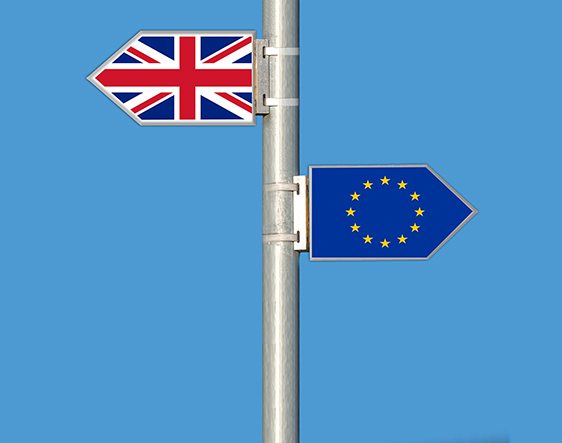Theresa May and the Conservative Party continue to push Brexit through the parliament citing the will of the people. So-called ‘Remainers’ are up in arms because, they say (amongst other things), it will make the country poorer and more isolated.
Despite the bill’s awesome implications, there is still no real detail to debate, let alone any further public consultations on the likely political, economic and legislative legacy for the history books. Oxford Renaissance scholar, China expert and Age of Discovery co-author author – who predicted both Brexit and the Trump Presidency using the lessons of the Renaissance – claims our current Brexit obsession means that we’re all missing the big picture about the and our future.
The Big Picture
The world is shifting out of the Industrial Age and into the Knowledge Age. Granted, the shift is happening at different speeds in different places, but it’s happening. The purpose of the economy is shifting from growth to sustainability. The nature of money and markets is shifting from centralized to distributed. The basis of national economic competitiveness is shifting from production to learning. And data is becoming a basic input of economic growth, alongside land, labour and capital.
One data point: investment in IT as a share of GDP, after rapidly rising between 1950 and 2000, began to fall in the early 2000s (as the authors of a pessimistic new book, The Innovation Illusion, point out). In addition, most companies will not currently invest into building a brave new post Brexit future for the UK. Their habit, rather, is to move and invest elsewhere as well as else hoard the cash or give it back to shareholders.
China bets against MAY & Brexit?
The alternative view is that to shift a country’s economy out from the Industrial and into the Knowledge Age will require collaboration, and leadership, from all sectors of society. Including government. That is the bet China is making. China has recently announced Made In China 2025, a $300 billion government stimulus aimed at helping Chinese industry to leapfrog past the US in ten high-growth, high-technology industries, such as: new energy and electric vehicles, new information technology (like 5G cellular), industrial robots, wide-body aircraft and space vehicles, autonomous ships and agriculture, bio-pharmaceuticals and next-generation medical devices.
The knee-jerk critique from Brexiteers and free-marketeers is that government shouldn’t “pick winners”. But that critique oversimplifies how China decided its 2025 agenda. Policy-czars in Beijing consulted extensively with academics, experts and private companies to finalize a list of ten high-growth, high-profit, high-leverage opportunities in science and technology. This is Beijing’s moonshot. The country’s political leadership is signalling to Chinese university and private sectors: here is the agenda to make sure that China sets foot first in the Knowledge Age. Help us get there, and you can expect strong policy and financial backing. And those sectors are quickly aligning behind the bold vision.
Beijing’s argument is that these technologies aren’t simply commercial opportunities—they are key to China’s ambitions for global leadership in the 21st century future. Global leadership in artificial intelligence may become a “master technology” to accelerate scientific, economic, and social progress. Leadership in electric cars will dramatically reduce air pollution. Leadership in agriculture science could improve living standards and food security for billions of persons. Leadership in genomics and bio-sciences could improve population health and worker productivity, and lower public health costs. Better transport technologies will speed up the domestic economy and help China control major global trade routes.
Who Will Win the Future?
Will Theresa May’s Brexit help UK science and industry to achieve similar goals—faster? Such policy seems less like leadership, and more like fatalism. When the history of the 21st century is written, it is more likely that those with a bold investment vision for a new world will surpass those currently unable to properly articulate one. They usually do.
Age of Discovery: Navigating the Storms of Our New Renaissance is by Ian Goldin and Chris Kutarna









